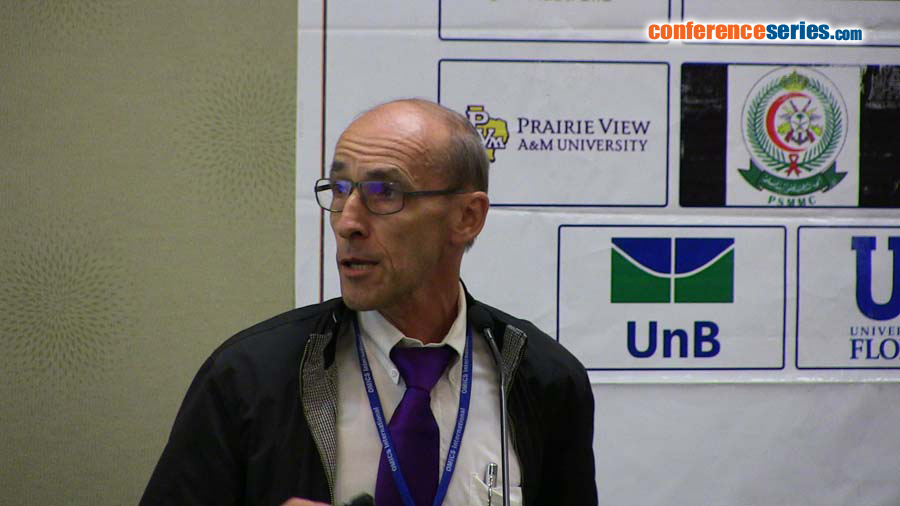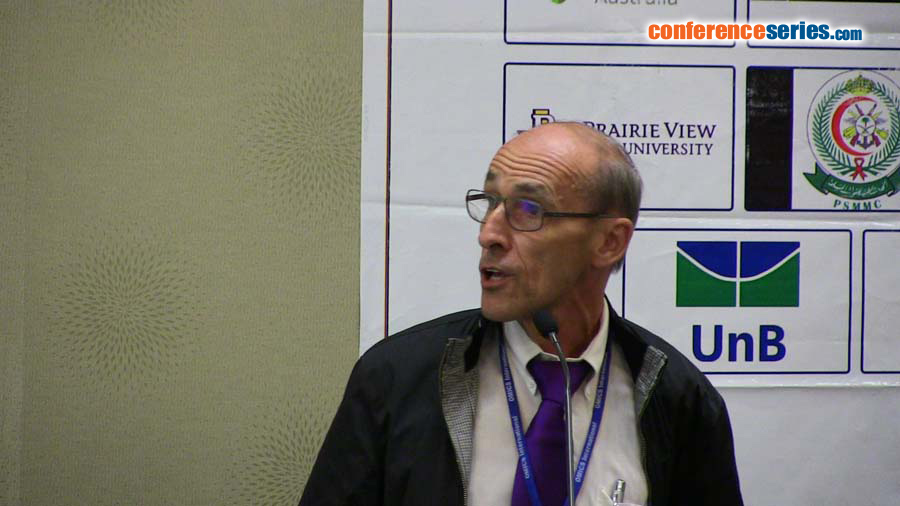
Jean-Claude Leners
Geriatric Centre Ettelbruck, Luxembourg
Title: Dysphagia in Elderly: A geriatric “unknown†syndrome?
Biography
Biography: Jean-Claude Leners
Abstract
Dysphagia in the elderly population is still an unknown and poorly detected syndrome. We would like to focus on three major aspects of this topic: Increasing prevalence in different pathologies: Oropharyngeal dysphagia (OD) affects up to 40% of the population who are 65 years or older. Aging causes changes in swallowing physiology and in frail, co-morbid and poly-medicated older people, the risk of swallowing dysfunction and OD increases. Prevalence of OD is higher in patients with neurodegenerative diseases andrnwe will focus more on persons with parkinson, stroke and/or dementia. Assessments: Swallowing is a highly complex process, involving complex coordination. Aging slows this process, increasing the risk for particles to be aspirated. Neurodegenerative diseases also affect swallowing coordination and function as do many classes of drugs. All older people need to be screened for OD in order to protect them against complications. There are simple clinical screening techniques that can detect the presence of OD and allow a quick diagnosis.rnTreatment strategies: Complications of OD in older patients are mainly malnutrition and aspiration pneumonia. Malnutrition is closely associated with frailty and commodities and is a result of the impaired efficacy of swallowing. Aspiration pneumoniarnis closely associated with poor oral health, frailty and is a result of impaired safety of swallow. To protect against these complications, patients require diet adaptation and protection against aspirations, a good oral health and strategies to reduce incidence of aspiration pneumonia is through rehabilitation techniques and sometimes with the help of medications.
Speaker Presentations
Speaker PPTs Click Here



